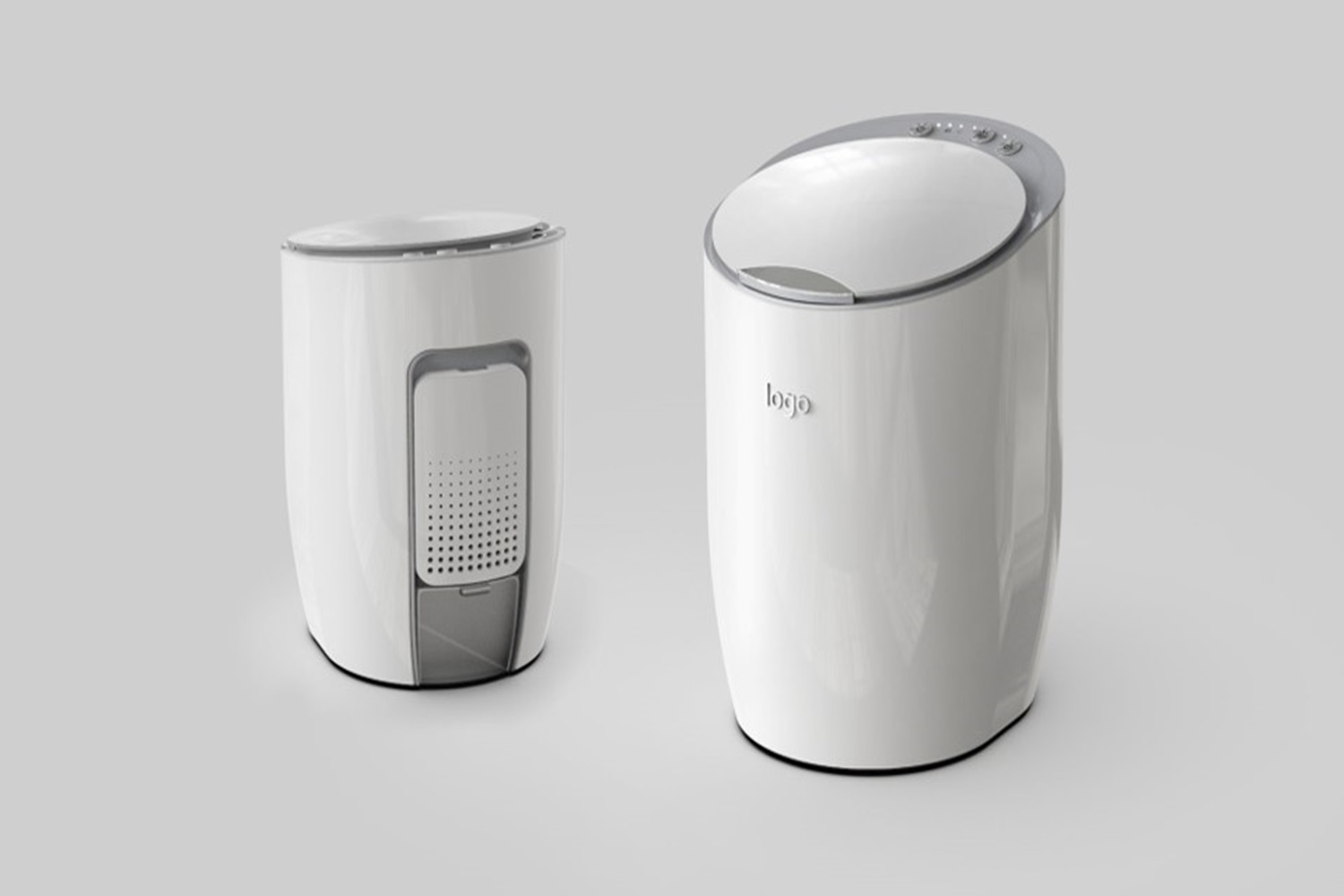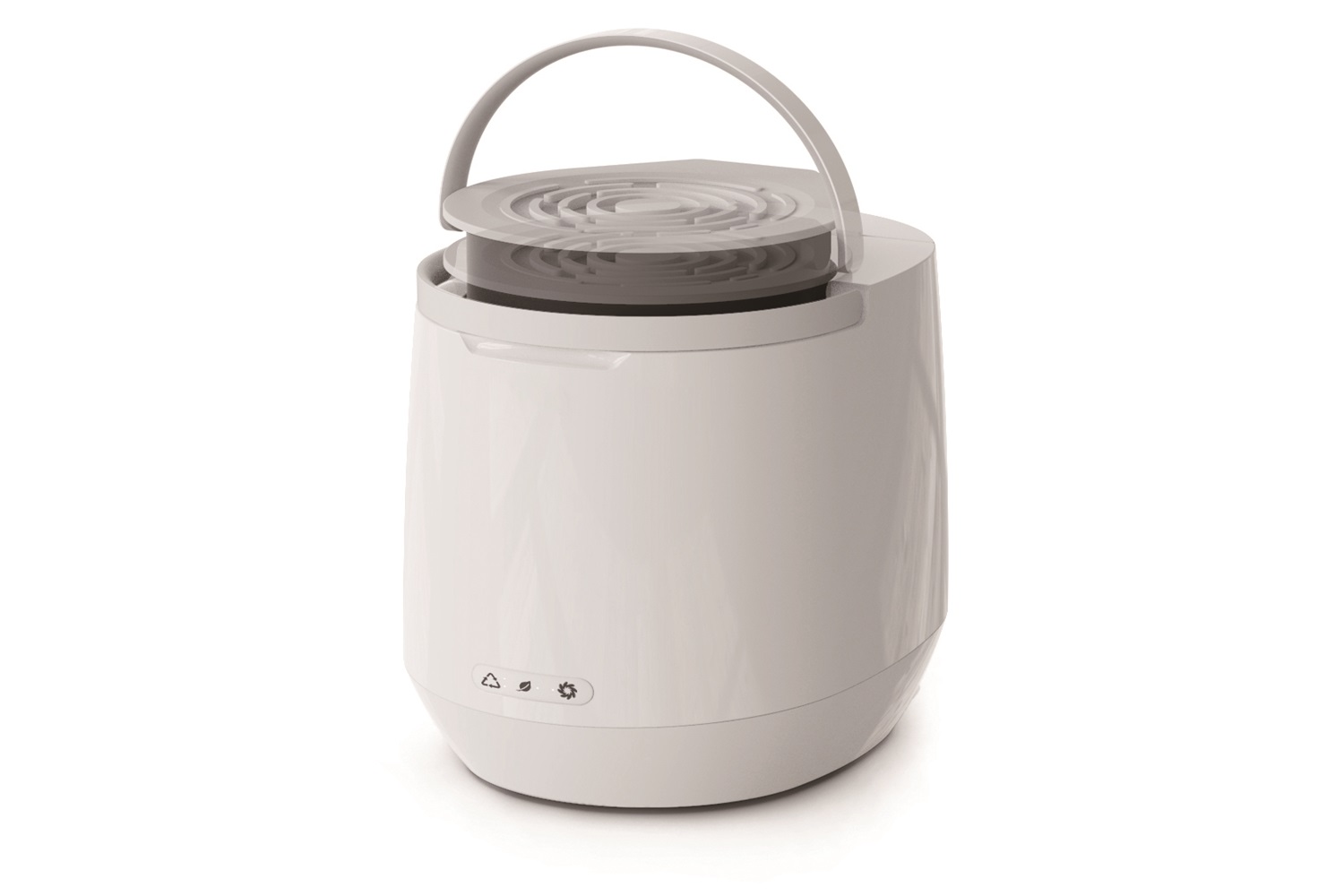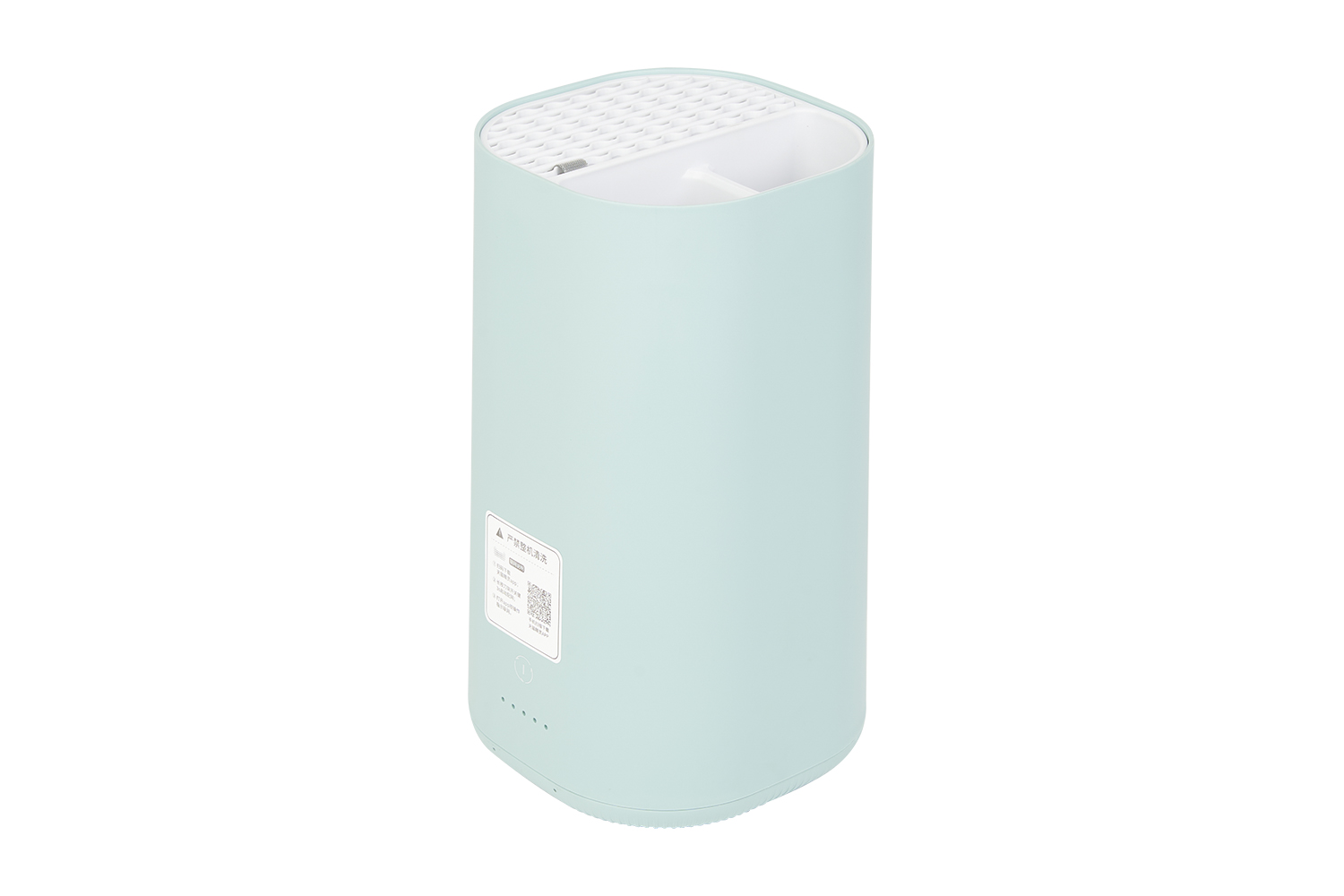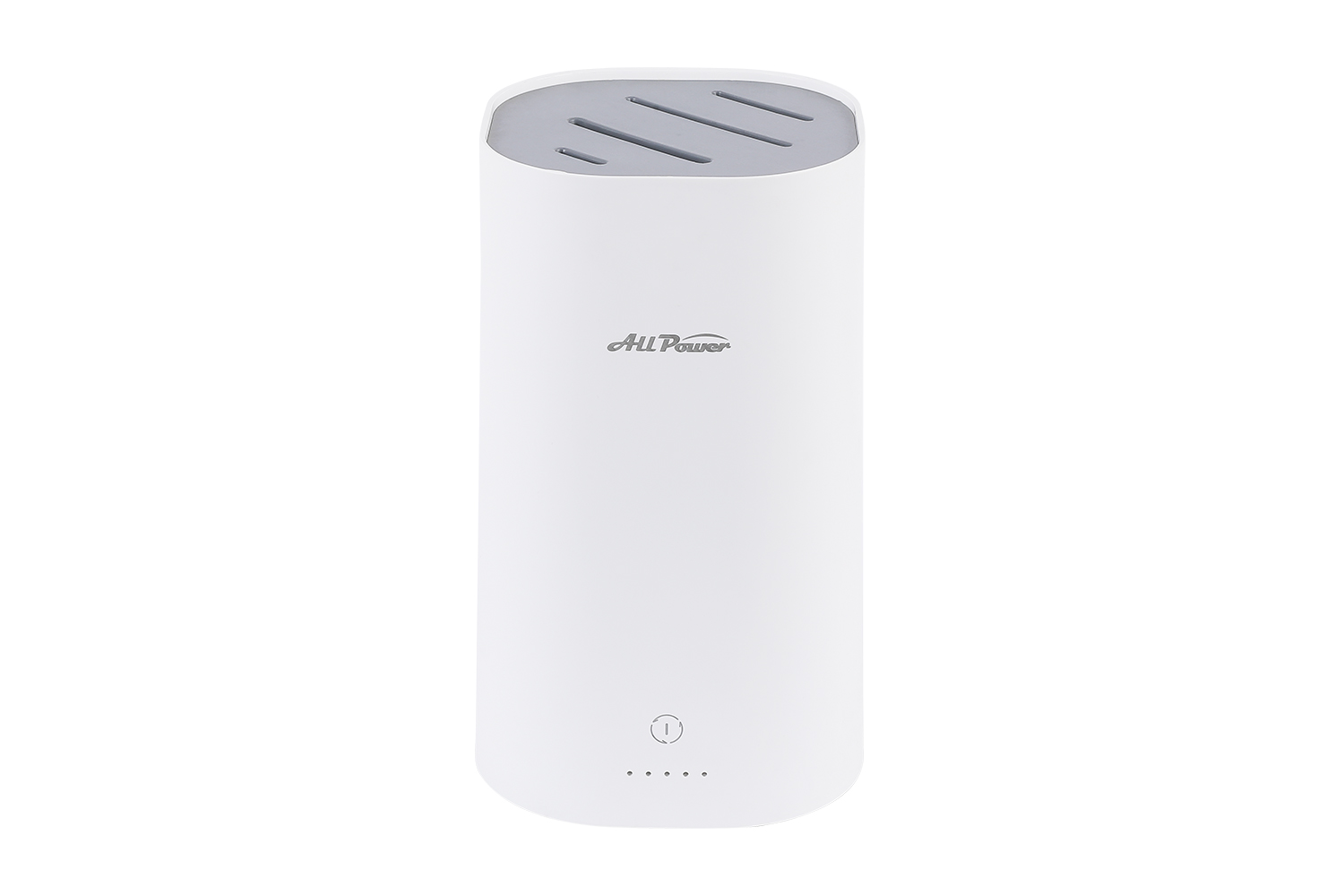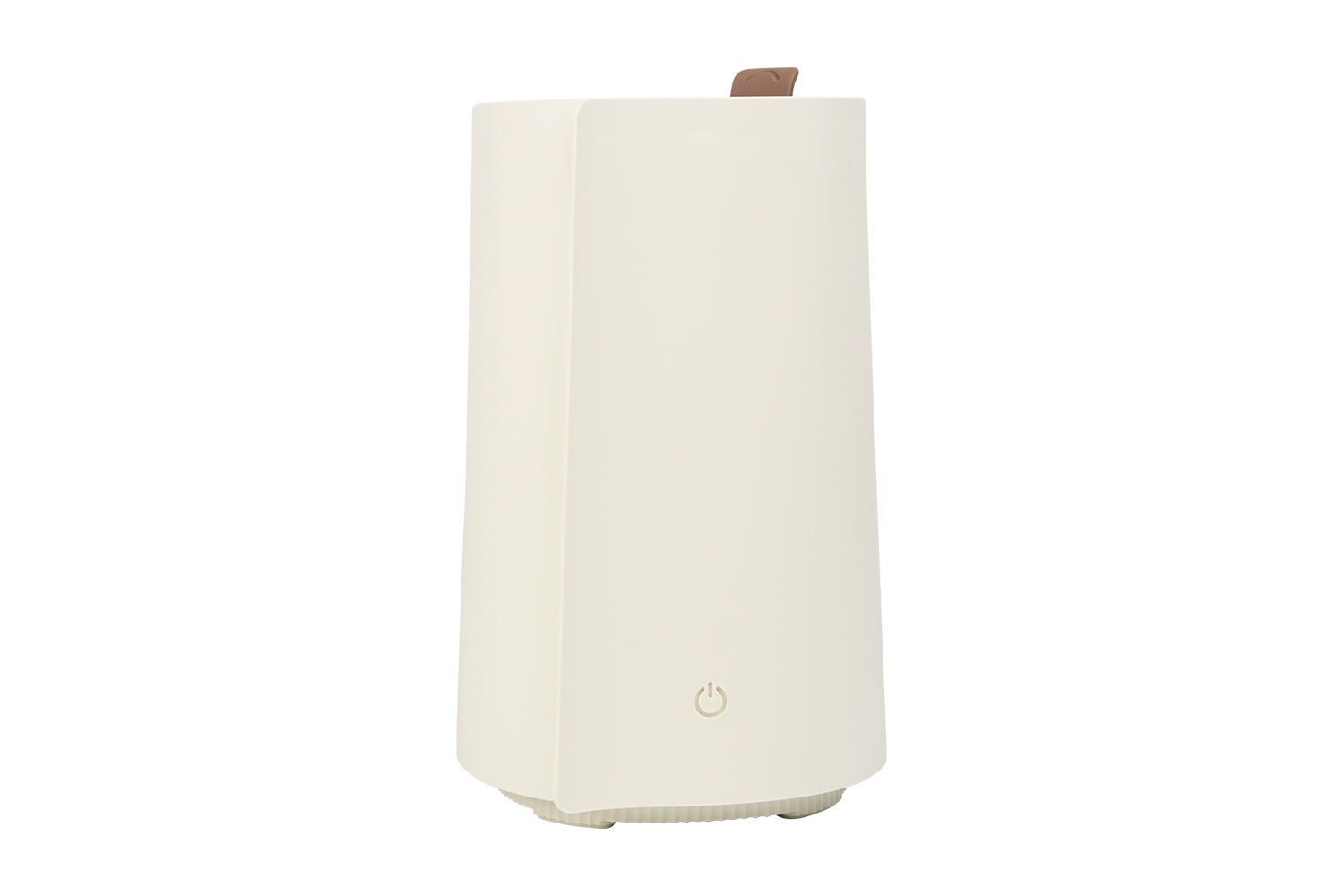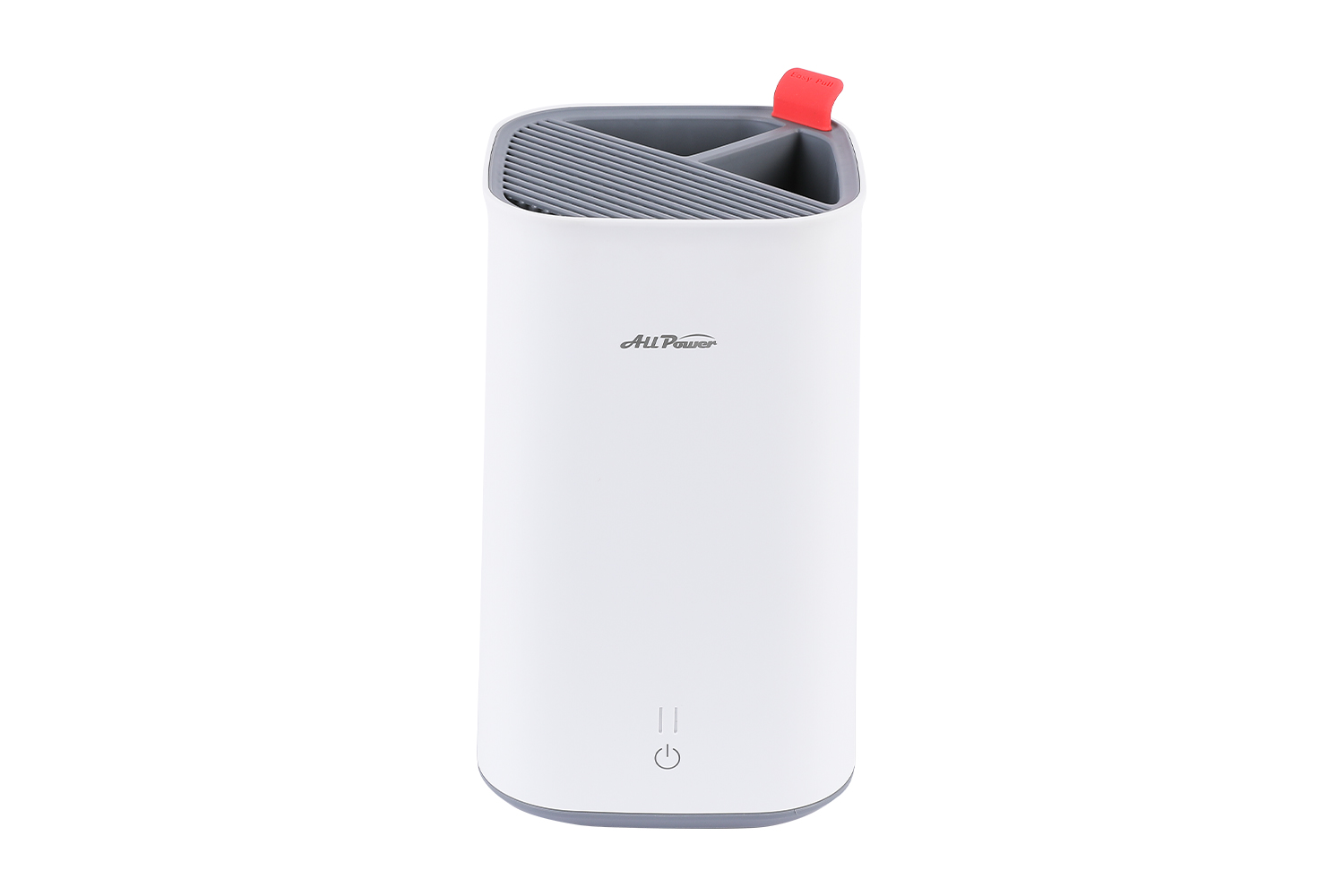Specialty Nonstick Enameled steel pot wholesale are an important part of any kitchen, especially when it comes to cooking on the stove or range top. These pieces can be used for everything from eggs and pancakes to grilled cheese and fish. Whether you’re looking for a single pot, a whole set or something more specific like a brazier or sauce pan, you can find what you need here.
Enamel cookware has many advantages, including its eco-friendly materials and durability. However, there are some risks associated with using enamel cookware.
Cleaning Discoloured Enamel Cookware
If your enamel cookware gets stained, there are a few ways to clean it. One is to boil the staining water, which helps loosen the food particles. Another is to use an eco-friendly washing up liquid and a sponge. A third option is to remove the stains with bicarbonate of soda, which is safe to use on enamel.
Damaged Enamel Cookware
If the inside of an enamel pot gets damaged, it is important not to continue using it as it can cause metals to leak into your food. Although this is not a health risk, it is an inconvenience that should be avoided.
In addition, damaged enamel can be difficult to clean, and it can be hard to spot. If you do notice a stain, it is best to put the pan back on the stove with some soapy water and give it a good scrub. If this is not possible, you can also soak it in warm water and try a plastic scrubber or steel wool.
Stainless Steel and Stainless Clad cookware are also popular options for people interested in eco-friendly, high quality kitchenware. These pieces are not as expensive or durable as enamel, but they do have a lot of advantages.
Carbon Steel vs. Non Stick
Both stainless steel and non stick are popular choices for home cooks because they’re easy to care for and come in a wide variety of styles. Both can be used for everything from low-to-medium temperatures and require little or no seasoning.
But both can be prone to scratches and pitting. That’s why you should always keep your cookware in good condition, and avoid scratching or pitting by using a non-metal utensil and a wooden cutting board.
The bottom of the pan should be wiped clean after each use, and you should not place the pot in the oven. This is because the temperature can degrade the non-stick coating and create a safety risk.
Unlike stainless steel or non stick, ceramic and glass pans are not recommended for use on induction hobs. They can heat up quickly, so you should always cook on a gas or electric burner.
There are also concerns about the chemicals used to make these materials. Some of them leach into food and can disrupt hormone production. Others can lead to a number of health problems, such as cancer and kidney disease.



